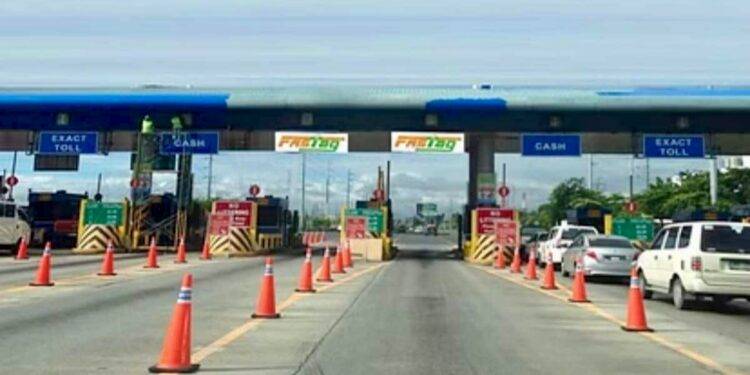Loose FASTag Users to Be Blacklisted by NHAI: No More ‘Tag-in-Hand’ at Toll Plazas

Loose FASTag Users to Be Blacklisted by NHAI: No More 'Tag-in-Hand' at Toll Plazas
Electronic toll collection to get stricter; misuse of FASTag system to be curbed
In a significant move to ensure smoother operations and curb toll fraud, the National Highways Authority of India (NHAI) has announced that FASTags found not affixed to vehicles, commonly referred to as loose FASTags or tag-in-hand, will now be blacklisted.
Toll collection agencies have been authorised to immediately report such violations, enabling prompt blacklisting. The step is aimed at improving the efficiency of toll plaza operations and preventing manipulation of the electronic toll system.
NHAI said in an official statement, “This initiative will help in making toll operations more efficient, ensuring seamless and comfortable travel for national highway users.” Improper use of FASTags has long been a loophole in the tolling system, where users wave or carry a FASTag by hand instead of affixing it on their windshield, thereby evading automated toll detection.

Why This Matters:
- Loose FASTags disrupt the automatic detection system at toll plazas, leading to delays and revenue loss.
- With blacklisting, users who attempt to bypass rules will face restrictions on further highway use until the issue is resolved.
- It will also ensure fair and transparent toll collection and discourage any misuse.
Recent Toll Reforms:
Earlier this month, the government revised toll charges, offering up to 50% reduction on specific national highway sections such as tunnels, flyovers, bridges, and elevated roads. The changes were part of an amendment to the National Highway Fee Rules, 2008, introducing a new formula for toll calculation to lower travel costs and enhance affordability.
With tighter regulations and rationalised toll fees, the government aims to create a more transparent, efficient, and user-friendly road travel experience across India.













